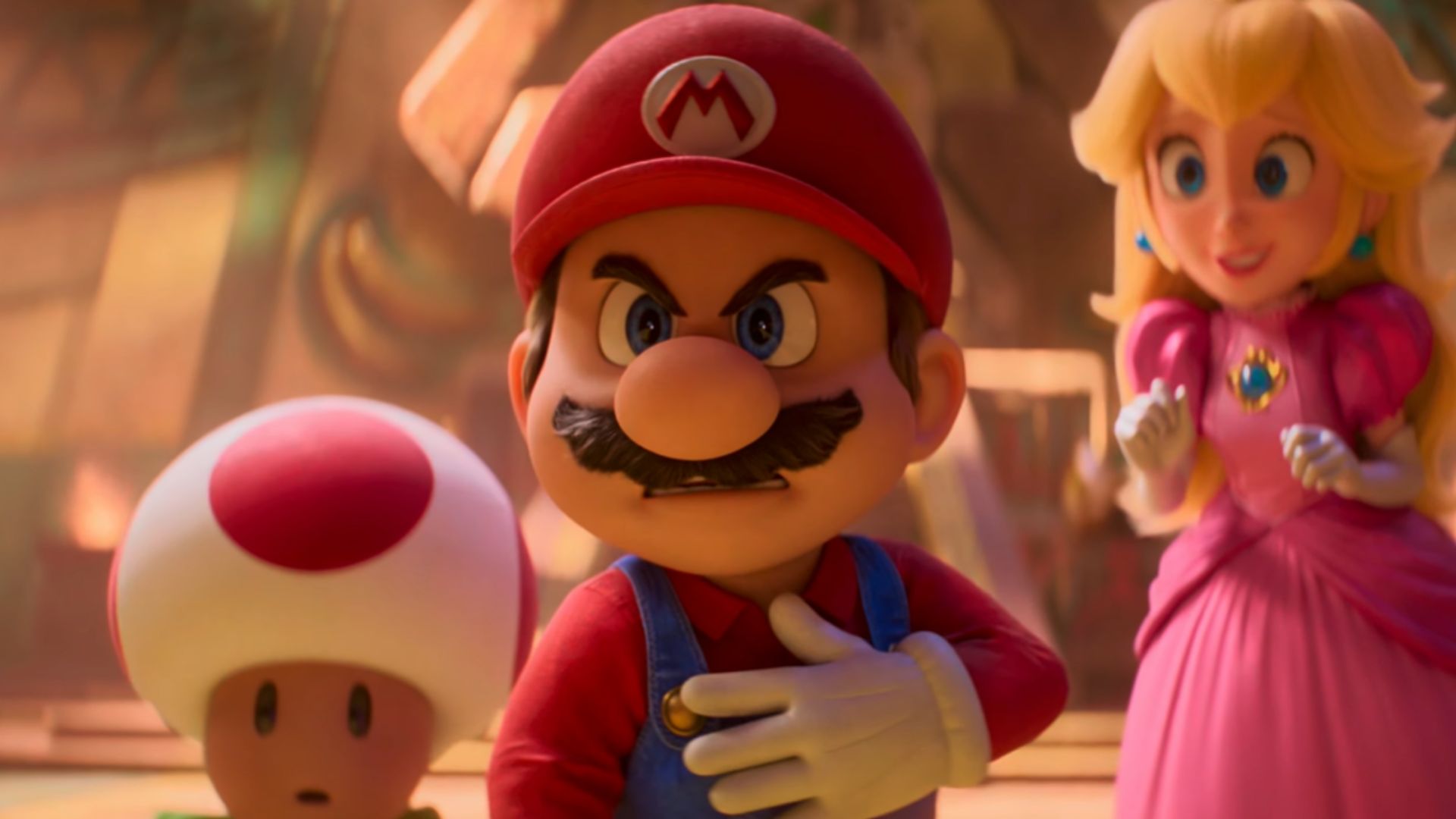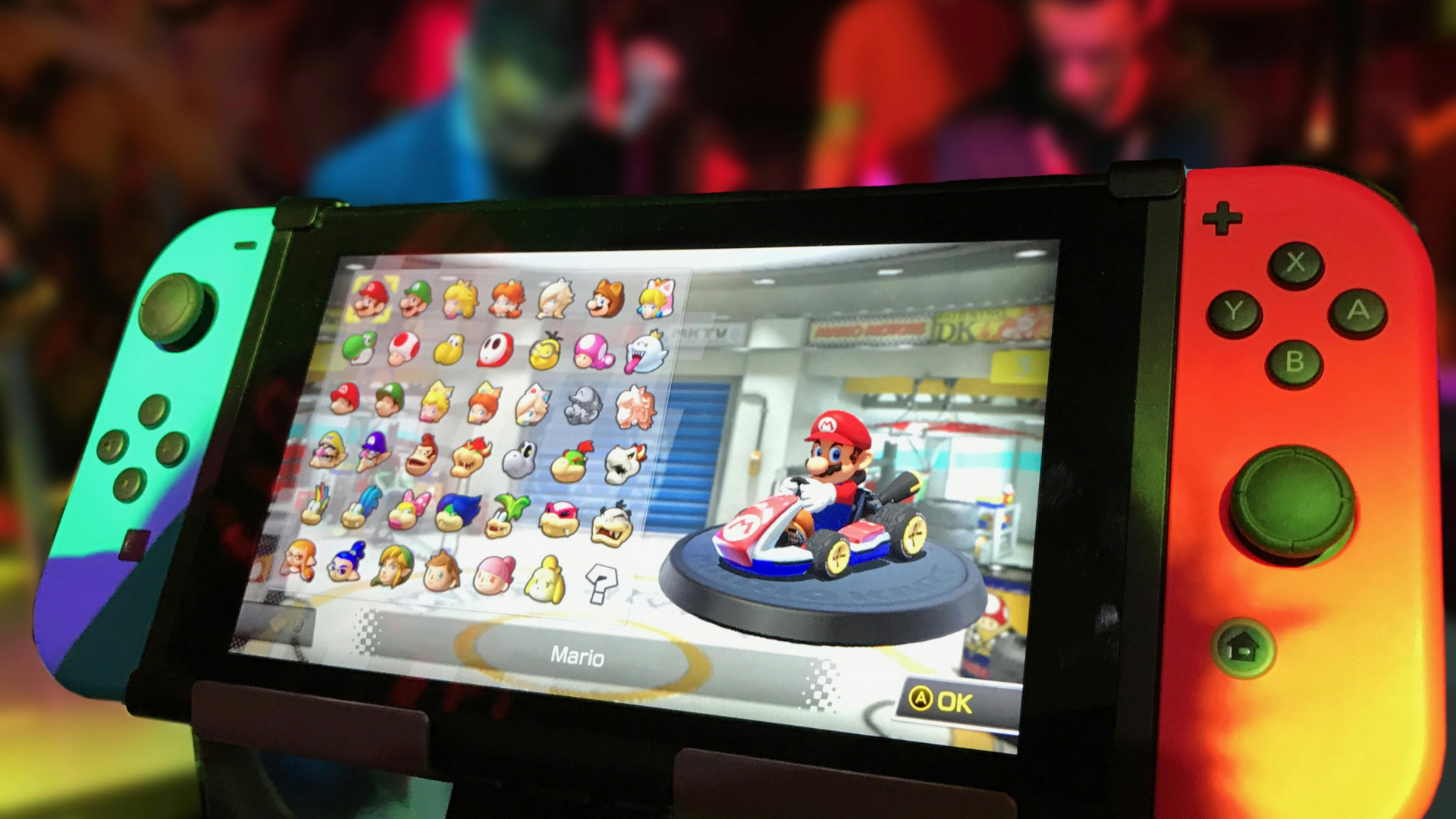Game adaptations suffered for thirty years straight. Hollywood just didn't get it. The stories that thrilled millions of players somehow became unwatchable slop on screen. But then the kids who grew up with controllers in hand took over the studios—and finally, it clicked!
Let's look at this remarkable save point in entertainment history.
Rocky Beginnings
The first video game adaptations hit theaters in the early 1990s with infamous failures like 1993's Super Mario Bros. These early attempts fundamentally misunderstood what made games special. Filmmakers treated video game IPs as mere marketing opportunities rather than stories worth telling.
The results were disastrous—campy, cringeworthy films that pleased neither critics nor fans. Nintendo was so burned by the experience that they refused to license their properties for 30 years afterward.
Financial Failures
Beyond creative misalignment, early adaptations faced enormous financial hurdles. Square Pictures' 2001 Final Fantasy: The Spirits Within cost a staggering $137 million and became one of gaming's biggest box office failures. The catastrophic flop bankrupted Square Pictures and led to the departure of Final Fantasy creator Hironobu Sakaguchi.
Adaptation Problem
Video games present unique narrative challenges. While books already have clear storytelling structures, games are interactive experiences where players create their own narratives. Early adaptations struggled with this translation problem.
How do you convert 40+ hours of player-driven experiences into passive 2-hour viewing? Directors either remained slavishly faithful to game elements that didn't work on screen or diverged so dramatically that fans felt betrayed.
Turning Point
Then around 2018, something shifted. The critical reception of game adaptations improved beautifully—from an average of around 28% on Rotten Tomatoes before 2018 to about 60% after. What changed? First, a new generation of filmmakers who actually understood and respected games took the helm.
Second, studios finally recognized that games had evolved into sophisticated narrative vehicles worthy of thoughtful adaptation.
Recent Golden Age
The last three years have witnessed an unprecedented breakthrough. 2023's The Super Mario Bros. movie broke records with over $1.3 billion worldwide. HBO's The Last of Us has achieved prestige television status, garnering critical acclaim. Fallout and Five Nights at Freddy's proved successful across different genres.
Several factors aligned to enable this renaissance. Gaming's cultural prominence became impossible to ignore, as, by 2022, the gaming industry had generated $184.4 billion globally, dwarfing the $25.9 billion generated by cinema.
Demographics shifted, too, as critics and executives who grew up playing games now held decision-making positions. Animation technology finally caught up, making faithful visual adaptations feasible. Most importantly, studios finally treated games as legitimate narrative art rather than mere merchandise opportunities.
 Super Mario Bros. (1993) - 4K POWER Trailer by Umbrella Entertainment
Super Mario Bros. (1993) - 4K POWER Trailer by Umbrella Entertainment








